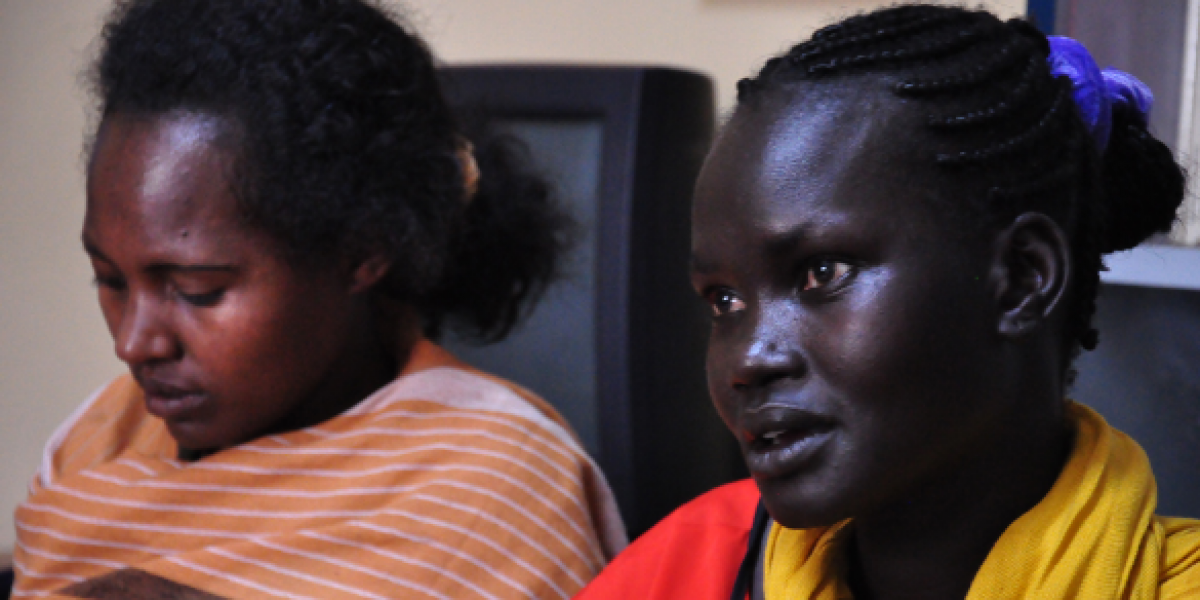Ethiopia: Refugee Entrepreneur Opens New Beauty Salon
15 December 2010

With support from JRS, a group of refugee women have recently launched a beauty salon, putting them on the road to self-sufficiency. The salon, situated in the JRS Refugee Community Centre (RCC) in Addis Ababa, opened its doors to business on 19 November. The latest initiative, funded by JRS and the UN refugee agency (UNHCR), is the second business to be opened on the grounds of the RCC. The other is a small restaurant managed by a Sudanese refugee.
JRS had sponsored training in beauty care and hairdressing for three refugee women from Djibouti and Eritrea and two Ethiopian women who are married to refugees. They subsequently formed an association to run the beauty salon. Before the salon was handed over, the RCC and the association signed an agreement to ensure the new business is managed responsibly.
To help the women get started, JRS Community Services and vocational training Coordinator, Tekeste G/Kidan, also facilitated a two-day course for them on customer relations, basic accounting and business skills.
Knock on Effects
“This salon is a model not only for improving refugee livelihoods, it also boosts confidence and self-esteem among their fellow refugees to develop different skills and explore new opportunities to generate income,” said Mulugeta W/Eyesus, JRS RCC Project Director. “Their hard work will be a good example to refugees who are in desperate situations. It will help them be more optimistic as they face their everyday challenges”, he added.
In the short term, the RCC will continue to support the women by covering monthly electricity and water expenses. This is of paramount importance to help them build up their capital and expand the business. It also enables them to offer their services at affordable prices.
“Refugees at the RCC are delighted about the opening of the salon and the comparatively affordable prices,” said Mr. W/Eyesus. The salon has already sparked off considerable interest in the human rights and refugee communities. In only the first few weeks, the new JRS initiative has already been visited by senior UN and Ethiopian government officials, a researcher from the Johns Hopkins University, Addis Ababa local government staff and members of refugee groups, as well as JRS teams throughout the region.
The selection process was transparent and based on equal opportunities taking into account nationality, gender and experience. All five are women because the initiative forms part of an affirmative action programme that aims to empower women and help them earn their own income.



